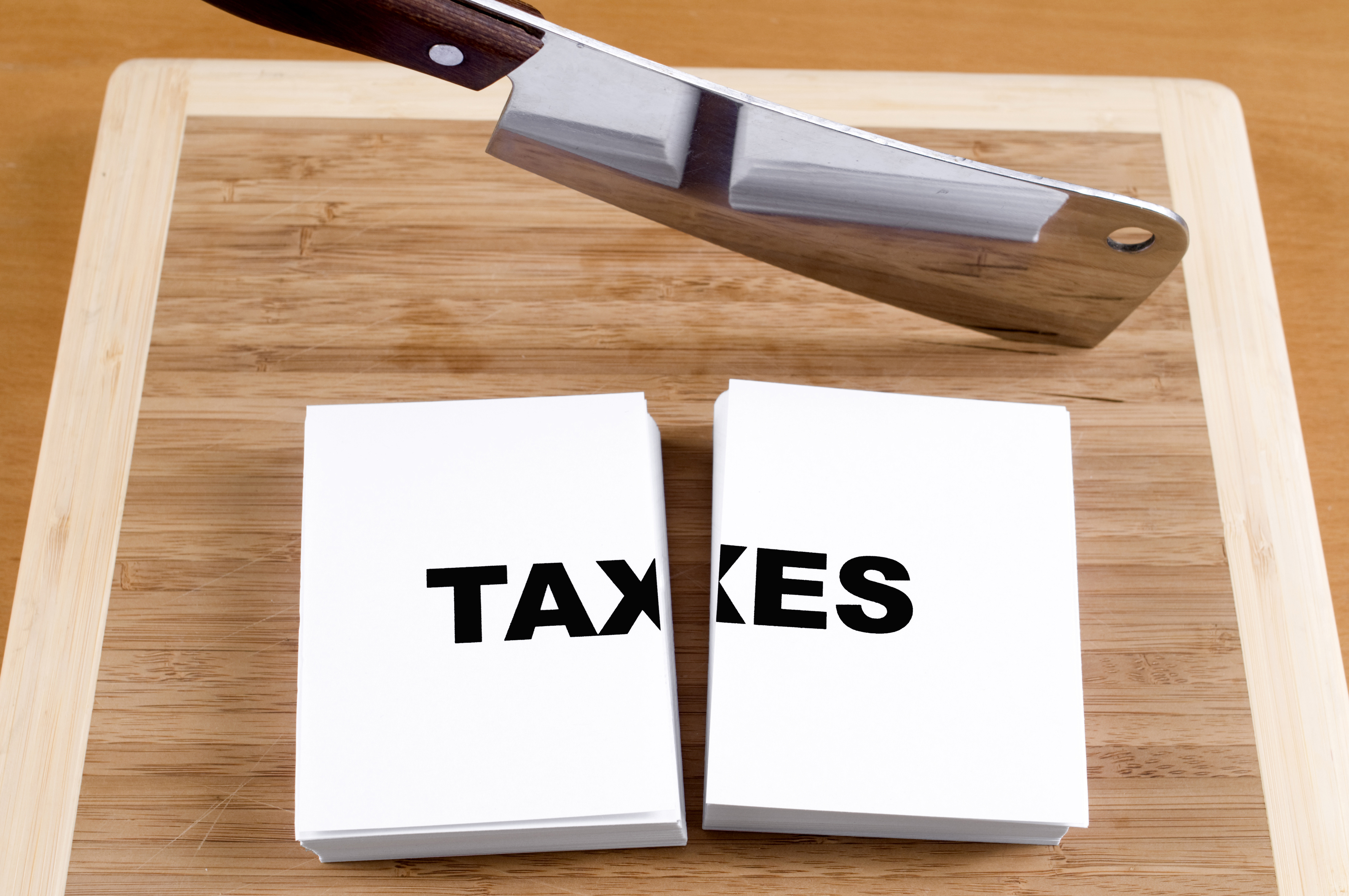Household Bills
Thousands of parents face shock tax bills

Parents claiming child benefit could be hit by shock tax bills due to confusion and complexity surrounding the high income charge.
A review of the High Income Child Benefit Charge (HICBC) suggested many parents are unaware they’ll need to pay tax on the sums due to complexity and confusing language on forms and guidance.
The Office of Tax Simplification (OTS) has published a number of recommendations to both HMRC and the government to make claiming, opting out and paying any tax owed, simpler.
High Income Child Benefit Charge
Child benefit is paid to parents and guardians of children up to age 16 (or 20 if they are in education or training). Currently it’s £21.15 a week for the eldest or only child and £14 a week for subsequent children.
As at 31 August 2020, there were 7.21 million families in receipt of child benefit.
However, 1.1 million families are affected by the HICBC which was introduced in 2013.

Wellness and wellbeing holidays: Travel insurance is essential for your peace of mind
Out of the pandemic lockdowns, there’s a greater emphasis on wellbeing and wellness, with
Sponsored by Post Office
Those with income above £50,000 are required to pay 1% income tax on the child benefit for each £100 of excess income. This means the value of child benefit is eroded to nil once the taxable income of one of the adults exceeds £60,000.
The £50,000 threshold hasn’t been increased since it was introduced in 2013, which means it affects more than one in five families eligible for the benefit, according to the Institute for Fiscal Studies.
According to the OTS, £1bn is raised each year from the tax charge and in the 2019/20 tax year, 373,000 parents paid the charge.
However, the OTS said “it is striking that there were 125,594 compliance checks in the 2019/20 tax year” and in 2020/21, HMRC wrote to 94,000 families informing them of a possible tax charge.
OTS also noted that the majority of people potentially liable to the HICBC opt out of receiving child benefit payments to avoid the tax charge and filling out a self-assessment tax return. At August 2020, 624,000 people had opted out of receiving the payment.
However, one of the benefits of parents submitting a child benefit claim form is that this paves the way for the child to automatically receive a National Insurance number at around 16 years old. It also enables the claimant to receive NI credits towards their state pension.
But OTS said there is a lack of awareness of the charge which could leave families with a “significant and unexpected tax liability”.
It stated: “HMRC no longer send an annual child benefit statement to recipients, so do not have that opportunity each year to remind people of the charge. Neither have HMRC fully used the available digital means available: in particular they do not mention the HICBC in the personal tax account, although there is a child benefit ‘tile’ which makes other points about the benefit.
“HMRC require those liable to the HICBC to file a self- assessment tax return, rather than offering a simplified reporting method to any of those affected by the charge. It is unclear why the more complicated self-assessment route needs to be adopted in simple cases where individuals do not otherwise need to file a tax return.”
OTS said the language on the form and guidance is confusing as parents are required to make a ‘claim’ to child benefit even when opting out. It suggested HMRC improve awareness with HICBC adverts to personal tax accounts and whether the Registrar of Births would be a good place to start the necessary registrations.
But it noted that HMRC has made improvements to the child benefit form, which can be completed on a computer, though it still needs to be printed and posted to HMRC.
Tax bills out of the blue
Sarah Coles, senior personal finance analyst at Hargreaves Lansdown, said: “The High Income Child Benefit Tax Charge is pointlessly complicated and widely misunderstood, so it’s no wonder that tens of thousands of people get things wrong, and risk shock tax bills. Even the mountains of paperwork involved are horribly confusing.
“The Office of Tax Simplification has pointed out that HMRC had to write to almost 100,000 people who aren’t paying the charge, but probably should be. It has also opened more than 125,000 checks on people who possibly should have paid in previous years. It means vast swathes of people could face massive tax bills out of the blue.
“This isn’t their fault. The OTS said there wasn’t enough information available to parents, so they don’t understand the system. More to the point, even if they understand it at the outset, by the time they’ve waded through confusing forms, there’s a reasonable chance they’re thrown off track.”